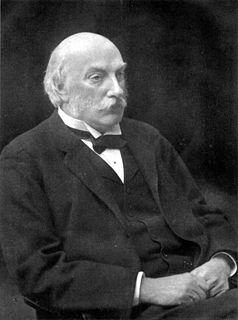A Quote by Angie Everhart
Related Quotes
We don't always possess faith in the sense of having a clear embodiment of something to hang on to. The relationship between the intellect and faith is a very curious one. Sometimes the intellect can point us to faith, sometimes the intellect can stand in the way of faith. Sometimes, as St John of the Cross points out, we have to darken or blind the intellect in order to have faith.








































